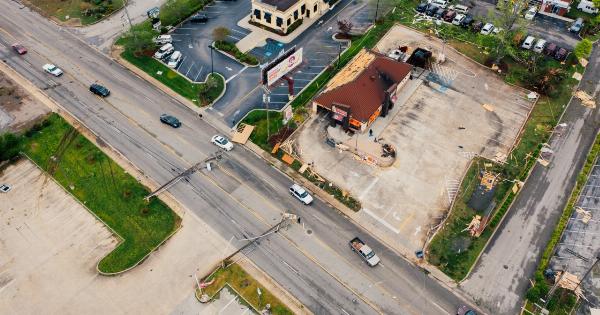Our bones provide structure, protect our organs, and anchor our muscles. As we get older, it becomes more critical to take care of our bones, so we can maintain our mobility and avoid fractures.
There are several things we can do to build and maintain healthy bones throughout our lives.
Eat a Balanced Diet
A balanced diet provides the essential nutrients our bones need to grow and remain strong.
Calcium is the most crucial nutrient for bone health, and it’s found in dairy products like milk, cheese, and yogurt, as well as leafy greens like spinach and kale. Vitamin D is also essential because it helps the body absorb calcium. Sunshine is an excellent source of Vitamin D, and it’s also found in fatty fish like salmon and tuna. Magnesium, phosphorus, and Vitamin K2 also play a role in bone health.
A balanced diet that includes plenty of fruits, vegetables, and whole grains can ensure that you get all the essential nutrients for bone health.
Exercise Regularly
Exercise is essential to build strong muscles and bones. Weight-bearing exercises like walking, running, tennis, and dancing put pressure on the bones, which helps to stimulate bone growth.
Resistance exercises like weightlifting can also strengthen bones. Aim for at least 30 minutes of exercise every day to keep your bones healthy and strong.
Avoid Smoking and Excessive Drinking
Smoking is harmful to the bones, and it can increase the risk of fractures, osteoporosis, and other bone diseases. Excessive drinking can also lead to bone loss, and it can increase the risk of fractures.
If you smoke or drink excessively, it’s essential to quit or reduce your intake to help protect your bones.
Get Enough Sleep
Sleep is essential for the body to repair and maintain itself. During sleep, the body releases hormones that help to build and repair bones. Aim for at least seven hours of sleep every night to help keep your bones healthy.
Take Supplements
If you’re not getting enough calcium or Vitamin D in your diet, you may need to take supplements. Calcium and Vitamin D supplements are available over the counter at most drug stores.
However, it’s essential to talk to your doctor before taking any supplements to ensure they don’t interact with any medications you’re taking, and to ensure you’re taking the right dosage.
Monitor Your Bone Density
As you get older, your bones may start to lose density, which can lead to osteoporosis and an increased risk of fractures. Bone density tests can measure the strength and density of your bones, and your doctor can recommend treatment if necessary.
It’s essential to monitor your bone density regularly, especially if you have risk factors like family history or a history of smoking.
Conclusion
In conclusion, building and maintaining healthy bones requires a combination of a balanced diet, regular exercise, avoiding smoking and excessive drinking, getting enough sleep, taking supplements, and monitoring bone density.
Making these lifestyle changes can help protect your bones, maintain your mobility, and reduce the risk of fractures and bone diseases as you get older.































